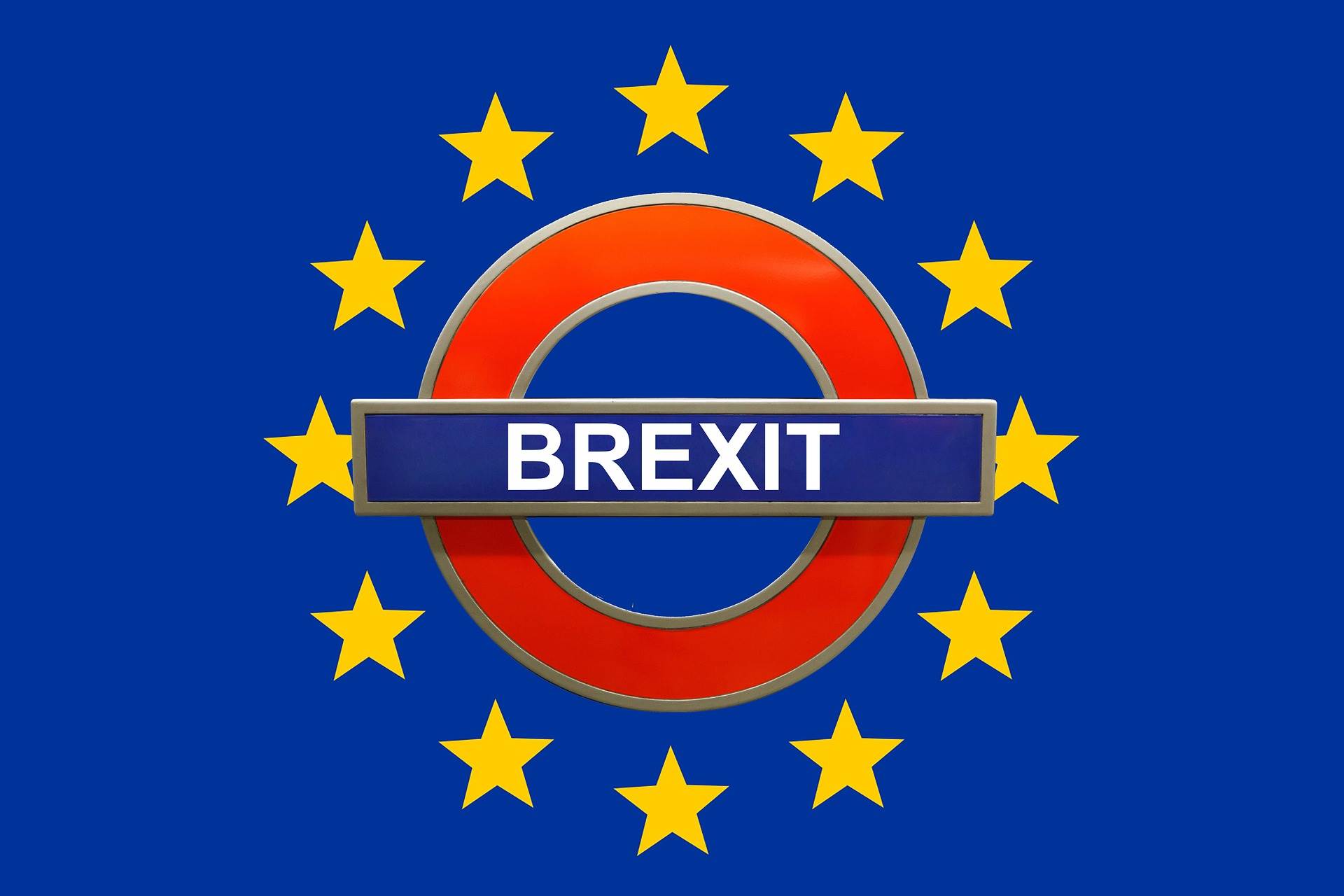 British MPs are set to decide on Boris Johnson's call for a 15 October vote, however, it's highly unlikely that they will back the Prime Minister's proposal before they make sure the no-deal Brexit is stopped.
British MPs are set to decide on Boris Johnson's call for a 15 October vote, however, it's highly unlikely that they will back the Prime Minister's proposal before they make sure the no-deal Brexit is stopped.
Some British opposition members have expressed their lack of trust in the Government, as it seems to be looking for ways of ignoring a way of getting around the Benn Law, which forces the government to ask Brussels for an extension, and proceeding with the Brexit, which was one of the main promises Johnson made to his voters before being elected as the head of the conservative party.
But what Boris Johnson's government could do to deliver the Brexit by October 31? some suggest that they could convince any sympathizing EU member to veto the extension or send a letter to the EU leadership making clear that asking for an extension is not among 10 Downing Street's desires, a move that the former senior judge Jonathan Sumption considers illegal.
Meanwhile, the negotiations with Brussels are not progressing, as the Irish Backstop issue remains unresolved. Johnson is meeting with his Irish counterpart Leo Varadkar as he is attempting to get rid of the Backstop clause, which is considered essential by the EU leadership to avoid a hard border between the Northern Ireland and the Republic of Ireland.
"I have one message that I want to land with you today, Leo, that is I want to find a deal. I want to get a deal," said Johnson during a joint press conference with Varadkar right before the meeting, "Like you, I've looked carefully at no-deal, I've assessed its consequences both for our country and yours," he added, highlighting that such an outcome would be a "failure of statecraft " for which everyone would be responsible.
Varadkar highlighted his staunch support for the Irish Backstop, adding that despite being open to any alternative arrangement, the British must provide a realistic alternative to the clause, not just promises.
"We are open to all alternatives legally workable, but we have not received such to date," said the Taoiseach, "The Good Friday Agreement is the best example to show that old foes can come together and as co-guarantors of that agreement," he added.
The UK firmly opposes the Backstop Clause as it would keep the UK aligned with the EU customs unions standards and regulations. Johnson Insists that it's not necessary to avoid a hard border and that they will find a solution.
"I don't underestimate the technical problems but I do think there is a way through," said Johnson.
Economy shows unexpected signs of strength
Despite the tensions associated with the Brexit, the United Kingdom economy solidly grew in July, dissipating recession fears.
According to data published by the Office for National Statistics (ONS), the economy grew 0.3 percent, the highest figure since January. Recent data showed that the services sector expanded by 0.3 percent after being stalled for 4 months, Manufacturing output followed the trend, increasing 0.3 percent while the construction sector output rose 0.5 percent.
By 10:01 GMT the GBP/USD pair was at 1.2349, rising 0.55 percent, while the GBP/JPY pair, following the trend, stood at 132.24, up by 0.54 percent.
